Blog
Conversations with Capetonians: Part 1 – Politics


Conversations with Capetonians: Part 1 – Politics
January 15, 2018
In my quest for connecting with locals, I intentionally struck up random conversations with people I encountered on the bus, in restaurants and in stores. Surprisingly, almost all of these discussions naturally veered toward politics. In fact, it was almost a natural follow-up to the greeting – “How is it? (this is their “How are you?”). It’s quite hot out today. Hopefully Zuma will be ousted soon and the country will be better off.”
Jacob Zuma, current president since 2009, has faced international criticism by South for corrupt behaviors, his failure to disclose his financial assets and, most recently, for the use of government funds to upgrade his private home. He’s known for his infidelity and has been accused of rape. Sound familiar? So, then the conversation naturally turns to the current US president and I unleash.
Zimbabweans are also participating in the “Worst President of all Time” competition. Zimbabwe lies just north of South Africa, west of Mozambique and east of Botswana. I encountered several Zimbabweans working in Cape Town temporarily as a result of the political and economic turbulence brought on by their current president, Robert Mugabe. Mugabe, as it turns out in his early days, is known for freeing Zimbabwe from British colonialism and white rule. In his more recent days, he’s known for his dictatorial style, economic failures and pervasive corruption. Is it just me or is there a global theme here?
In the wake of the recent racist comments made by Trump while referring to Haiti, El Salvador and a few African countries, I found myself getting into the “whose president is worse?” debate. The answer really lies in which offense (and there are so many) hits you most at the core. Interestingly, two fellow bus riders did not have the same visceral reaction to Trump’s racist comments as I did. Rather, they responded with a comparative perspective. “At least he’s spending his own money…”, referring to Zuma. Clearly, investments in the economy, in infrastructure, in education, etc. are what they value more than home renovations.
The lesson here is that political views are all relative – relative to the current state of a country, to perceptions of prior successes and failures, to the critical values of the people in the moment. We in America are in a very similar but different place than South Africa and Zimbabwe. In the moment, it feels like the greatest threat to our stability as a nation is divisiveness. And we should not forget that intentional systemic divisiveness was a highly successful core strategy employed during Apartheid. As Jimmy Carter once said, “The bond of our common humanity is stronger than the divisiveness of our fears and prejudices.” What the US, South Africa and Zimbabwe do have in common is that in the absence of a competent unifying leader, it’s up to us to fight for our nation’s core values.
Discover more from diannajacob.com
Subscribe to get the latest posts sent to your email.
Recent News
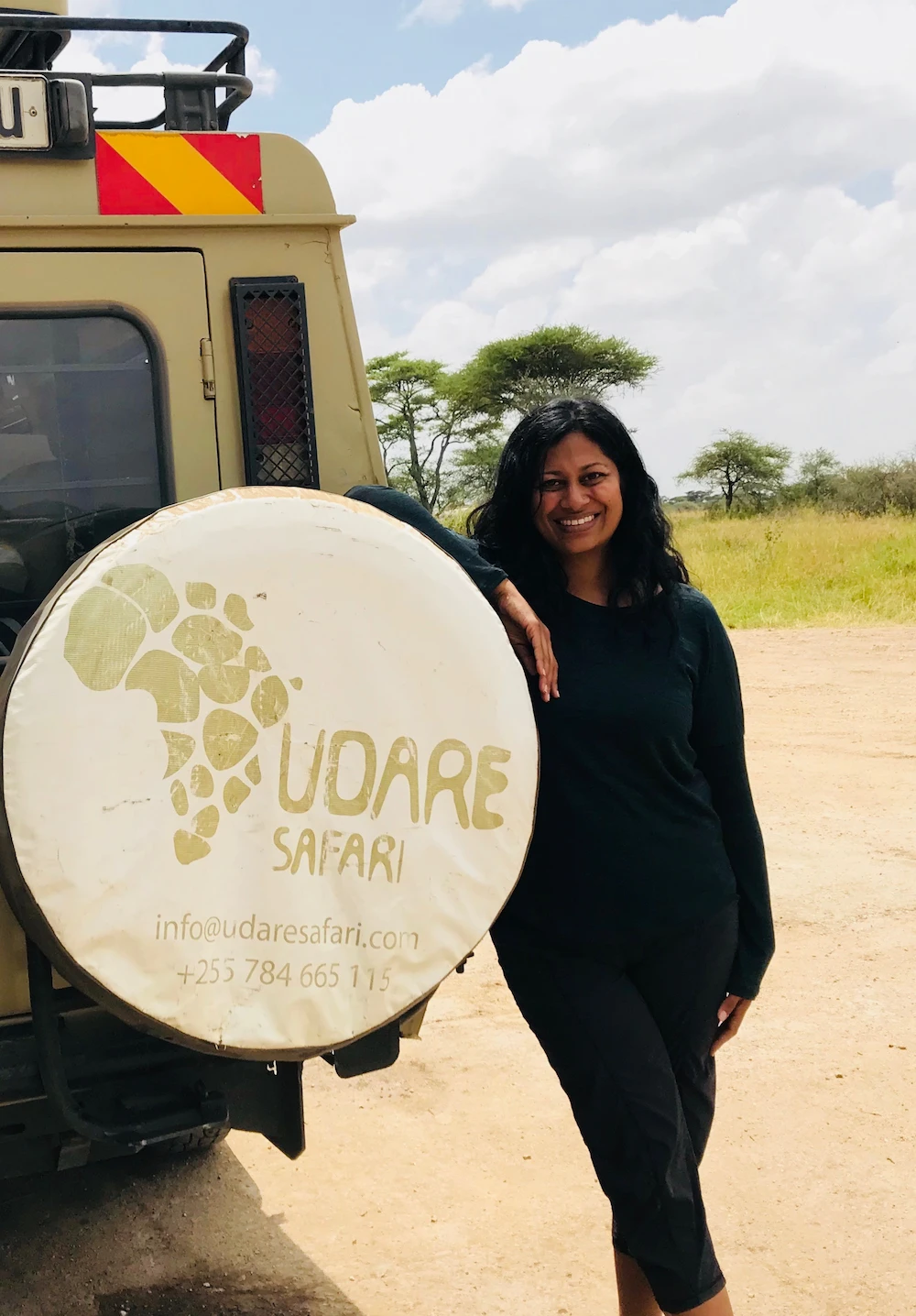
About Dianna
May 29, 2024

On Being Single and Child-Free
July 31, 2022
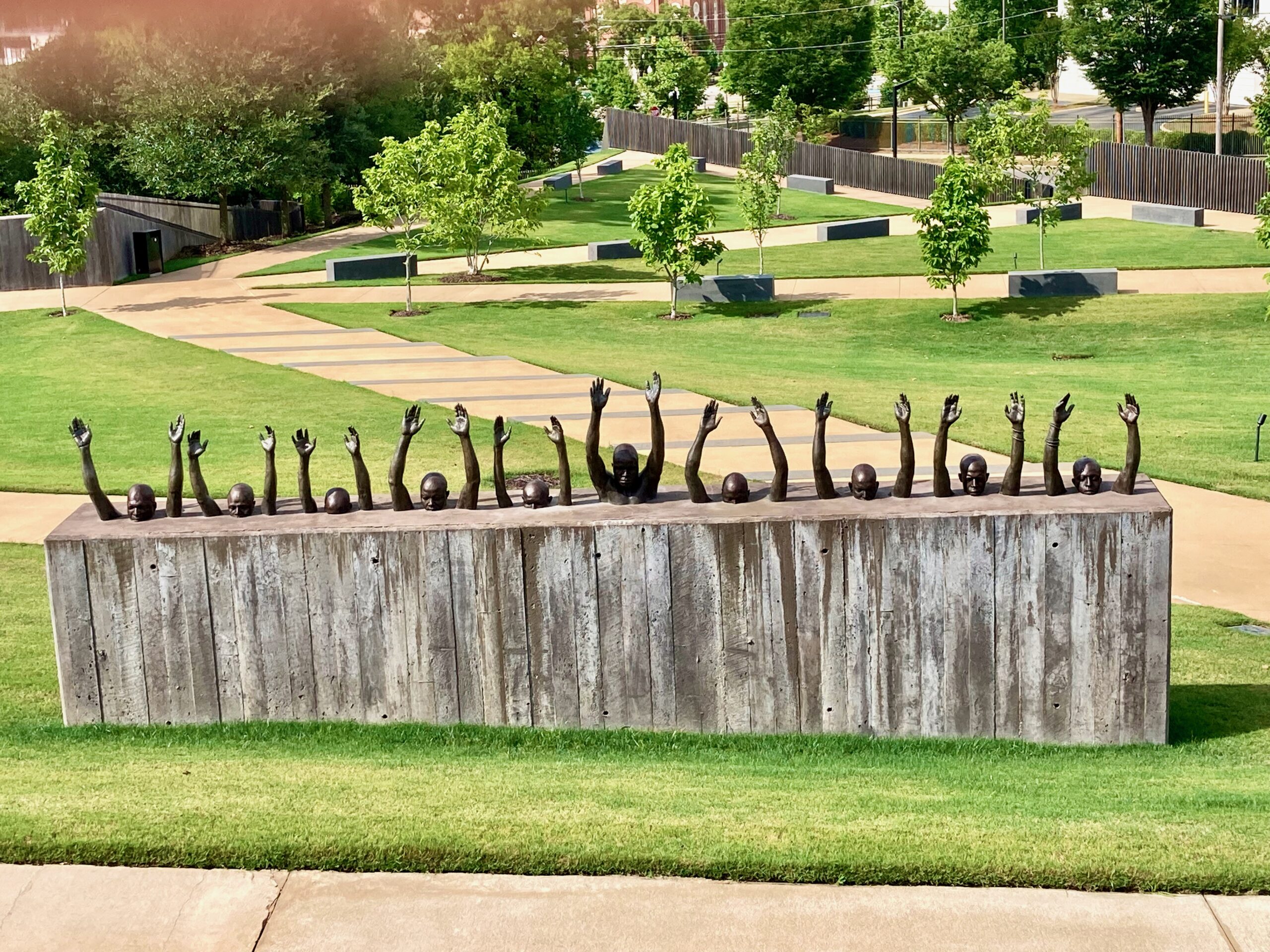
Relearning American History: A Self-Guided Tour of the South
July 7, 2021
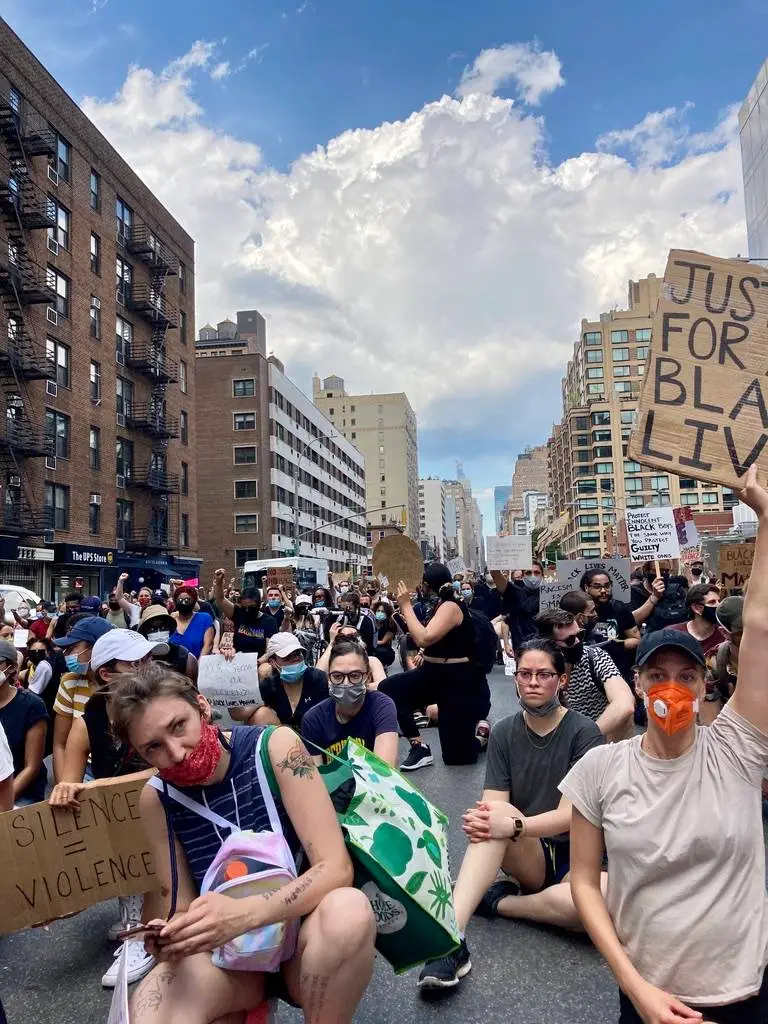
Racism: A Global Pandemic
June 8, 2020
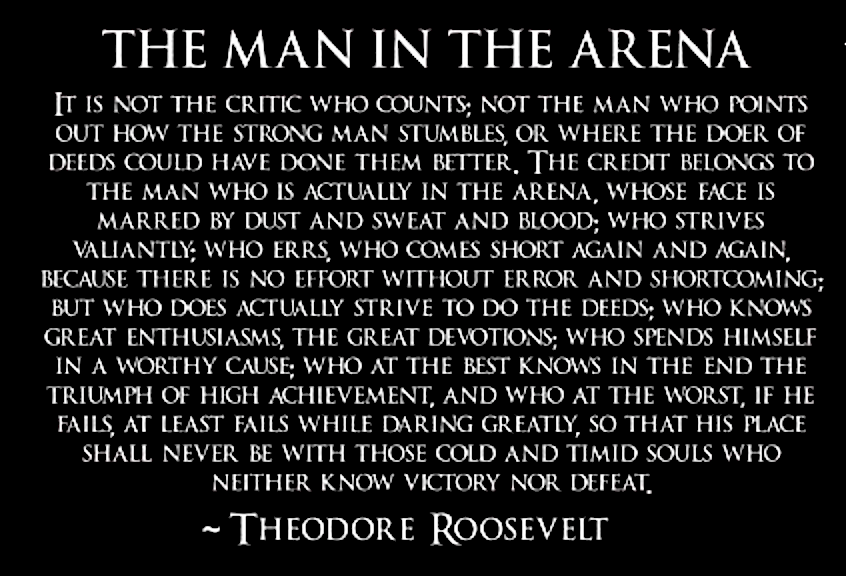
Daring Greatly
August 23, 2019
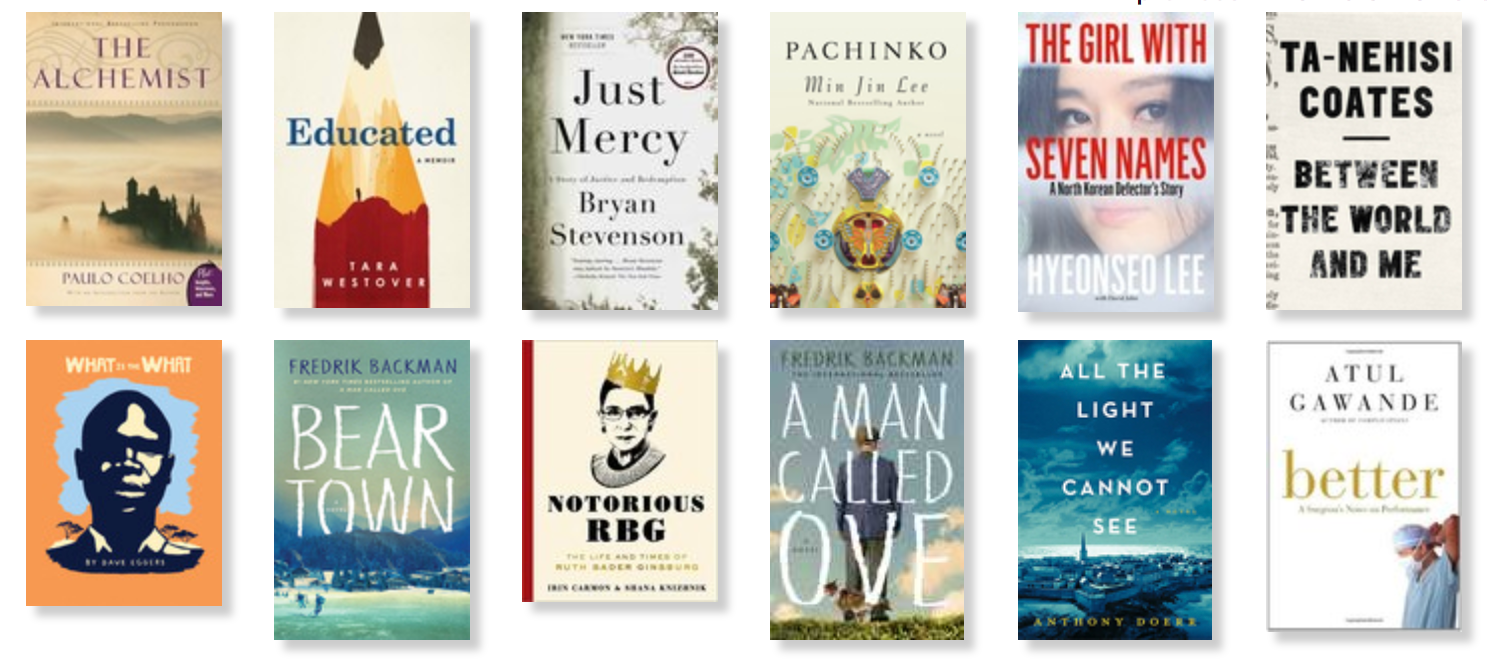
Becoming a Better Me
January 10, 2019


